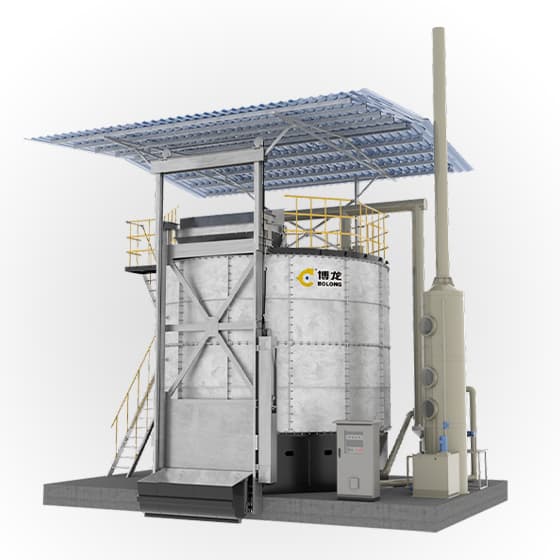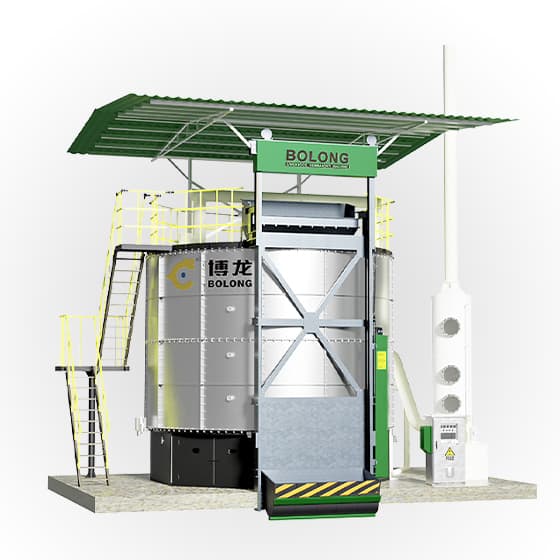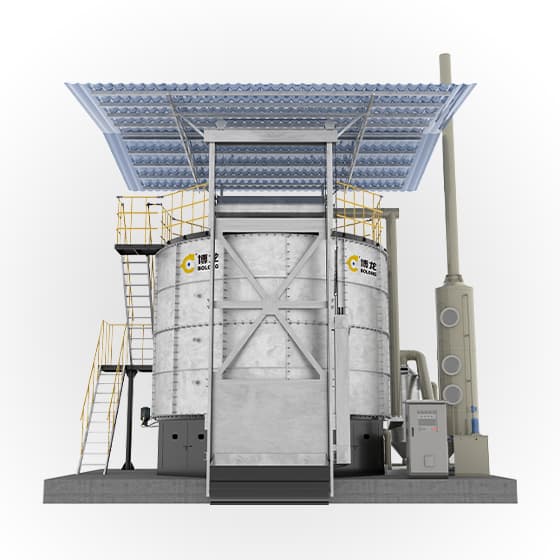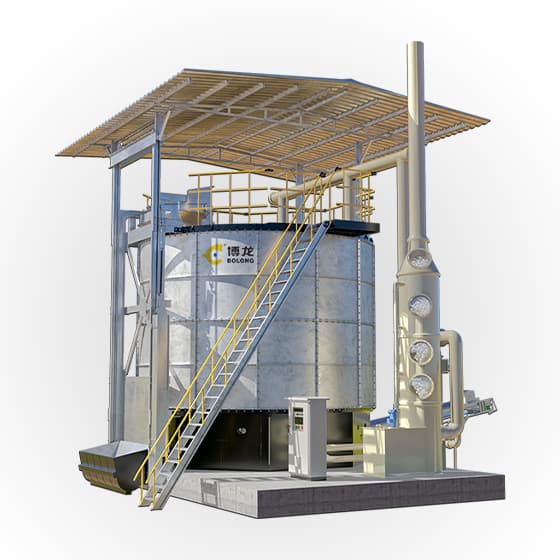Recycling of Organic Wastes in Agriculture: An Environmental
Mar 6, 2019 · Recycling of organic waste as compost/vermicompost in agricultural field comes with multiple benefits like (a) sustainable alternative to chemical fertilizers (Hait and Tare 2012) and conservation of limited and non-renewable rock phosphate utilized as chemical P fertilizer (b) improvement in soil nutrient profile, structure and reduced soil erosion (c) climate change mitigation due to reduced
Agronomic Efficiency of Animal-Derived Organic Fertilizers
Apr 22, 2021 · Healthy soils are essential for progressive agronomic activities. Organic fertilization positively affects agro-ecosystems by stimulating plant growth, enhancing crop productivity and fruit quality and improving soil fertility. Soil health and food security are the key elements of Organic Agriculture 3.0. Landfilling and/or open-dumping of animal wastes produced from slaughtering cause
Liquid fertilizer production from organic waste by
Feb 1, 2022 · Nowadays, many studies have demonstrated the possibility of producing organic fertilizers from organic waste, such as the organic fraction of municipal waste (Campuzano and González-Martínez, 2017) and municipal solid waste compost (MMWC) (Fernández-Delgado et al., 2020). These residues should not be applied directly on soils due to the
Composting | Blong - U.S. Environmental Protection Agency
Oct 10, 2024 · Compost Enriches and Builds Healthy Soil. Adds organic matter to the soil and increases the nutrient content and biodiversity of microbes in soil. Conserves water and reduces water use by helping soils retain moisture. Helps prevent soil erosion by reducing soil compaction and runoff. Reduces reliance on chemical fertilizers and pesticides.
Organic fertilizer - Wikipedia
Fertilizers are materials that can be added to soil or plants, in order to provide nutrients and sustain growth. Typical organic fertilizers include all animal waste including meat processing waste, manure, slurry, and guano; plus plant based fertilizers such as compost; and biosolids. [2] Inorganic "organic fertilizers" include minerals and ash.
Composted Animal Manure - The Best Organic Fertilizer
Jul 2, 2024 · Composted Animal Manure, The Best Organic Fertilizer for Your Garden. Animal manure has been used in fruit and vegetable gardens for centuries. Composted manure is a great way to add nutrients back into your soil and is perfect for use in small and large gardens.
From waste to wealth: Innovations in organic solid waste
Jul 15, 2023 · Composting is a potential technology that may transform organic substances into stable fertilizers, making it a feasible solid waste recycling option (Xu et al., 2022c). Composting has been proposed as an effective strategy for recycling OSW back into the soil in light of the necessity of a sustainable and circular economy ( Zhao et al., 2023
By-Product from Livestock Waste Recovery System Used as
Jul 27, 2023 · Conversion of livestock manure into organic fertilizer is a sustainable strategy in crop production. In contrast to composted manure, the agronomic characteristics of an anaerobic digestion by-product, digestate, have not been well characterized. This study aimed to investigate the effects of digestate and compost, derived from a pilot-scale livestock waste recycling system, on bioactive
chicken waste disposal - Organic Fertilizer Machine Supplier
Note: Fermented chicken manure can be used as an organic fertilizer to provide nutrients for crops and improve the soil. After the fermentation process is complete, the compost needs to be sifted to remove any large pieces of undecomposed material, and the final product should be a fine, loose, odorless organic fertilizer.
Sustainable nutrient recovery from animal manure: A review of
Sep 15, 2021 · In 2011, the EU reported a total of 1400 Mt of livestock waste production, out of this, 600 Mt are in the form of liquid manure from cattle and pig and about 300 Mt from solid cattle manure; the rest is produced by other livestock groups much of which is deposited on land by grazing animals (Buckwell and Nadeu, 2016).
Organic Fertilizers: Types, Production and Environmental Impact
Jul 10, 2012 · Organic fertilizers (OFs) are made from organic matter, livestock, animal waste (manure), human waste, and plant materials (e.g., compost and crop residues) that are biodegradable such as humic
From waste to wealth: exploring modern composting innovations
Nov 11, 2023 · The concept of recycling organic matter and waste nutrients back to agricultural land through the process of composting adheres to the basic principle of the circular economy. The studies on composting systems have laid a solid foundation for biodegradable solid waste management, and there are still significant gaps that require attention in future research. Addressing these gaps will lead to
Composting Animal Manures: A guide to the process and - NDSU
Instead of viewing manure as a waste, producers can begin to view it as a product that can be substituted for commercial fertilizer and as an economic resource. Composting is an effective manure management tool that reduces volume, kills pathogens, kills parasites and reduces weed seeds, and also improves soil health and fertility.
Organic fertilizer made from recycled animal waste boosts
The review presents pros and cons for various used to recycle animal waste such as composting, vermicomposting, anaerobic digestion, and drying, and explores their efficiency in boosting crop yields, with composted and dried manures coming out on top.
Composting: a Sustainable Way to Manage Organic Waste - Green.org
Jan 30, 2024 · Contents1 Introduction2 Historical Background3 Key Concepts and Definitions4 Main Discussion Points4.1 Benefits of Composting4.2 Composting and Techniques4.3 Composting at Different Scales5 Case Studies or Examples5.1 Successful Composting Initiatives5.2 Impact on Agriculture and Food Production5.3 Business and Organizational Implementation6 Current Trends or Developments6.1 Research
-

For fermentation of animal manure into organic fertilizer
Manure Fertilizer Fermentation Tank -11FFG-280 -

For fermentation of animal manure into organic fertilizer
Manure Fertilizer Fermentation Tank -11FFG-160 -

For fermentation of animal manure into organic fertilizer
Manure Fertilizer Fermentation Tank -11FFG-90 -

For fermentation of animal manure into organic fertilizer
Manure Fertilizer Fermentation Tank -11FFG-102